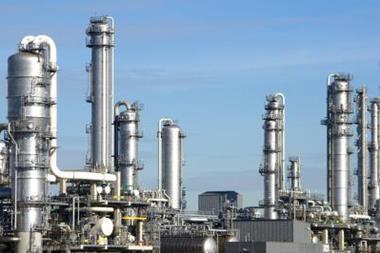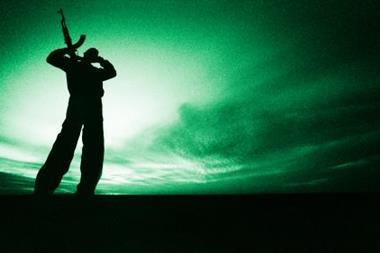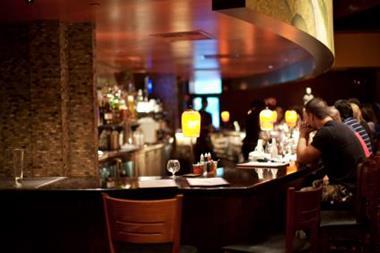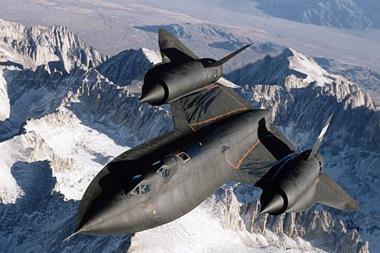Multinational organizations face elevated political and economic risks, according to latest analysis from Aon
In 25 of the 50 largest global economies, multinational organizations face elevated political and economic risks, according to an analysis released by Aon Corporation.
Among the top 50 economies, the analysis found political and economic risk is at its highest in the oil-rich nations of Iran, Nigeria and Venezuela.
While the likelihood of political risk is relatively low in most of the worlds wealthiest nations, such risks are very real in the nations whose economies are among the fastest growing.
For example, companies doing business in Russia face an increased degree of state control in the natural resources sector. Additionally, the global risk management community is increasingly concerned about supply chain risks in Asia.
The UK has been placed on ‘Credit Risk Negative Watch’ due to its exposure to the sub-prime credit crunch.
Miles Johnstone, director of political risk at Aon, said: “I have noted a significant increase in the number of CEOs, CFOs and chief risk officers who are seeking a greater understanding of how their businesses are at risk in an increasingly complex global environment versus their primary risk concerns ten years ago. Risk is one of the fundamental drivers of the global economy, and misunderstanding it can be fatal to a business. As the global business landscape is constantly changing, the Political and Economic Risk Map provides our clients with the proper analytical tools to assess political and economic risk and how it will impact their sustainable growth, continuity and profitability."
Some of the key findings of the analysis include:
The global credit crunch
“Risk is one of the fundamental drivers of the global economy, and misunderstanding it can be fatal to a business.
Miles Johnstone, director of political risk at Aon
Slowed global economic growth – particularly in the US – will directly impact companies’ credit quality, increasing the risk of non-payment of receivables.
A new feature in the analysis measuring emerging markets’ exposure to international financial turmoil finds some of the newer entrants to the global economy, are more likely to be impacted by a global credit crunch. Examples are Turkey, Hungary and Romania.
The largest and fastest growing economies
While political and economic risks to companies doing business in the world’s largest, economies are comparatively low, companies doing business in those countries are potentially more vulnerable to business interruption due to terror attacks than those doing business in Japan, the world’s second largest economy.
Risk in Brazil, Russia, India, China, South Korea and Mexico is characterized as Medium-Low or Medium. They are the only nations in the top 15 for which risk is not characterized as Low.
Oil
Most of the world’s oil reserves are held by government-controlled oil companies. As the global demand for oil continues to grow in 2008, most of the demand will continue to be met by state-owned companies in nations with elevated levels of political and economic risk.



















No comments yet